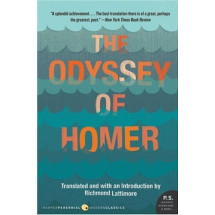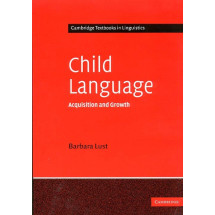Cognitive science is the interdisciplinary study of mind and intelligence, embracing psychology, philosophy, artificial intelligence, neuroscience, linguistics, and anthropology. Paul Thagard's accessible, concise, and integrated text presupposes no special preparation in any of these fields. Thagard systematically describes and evaluates the main computational theories of mental representation that have been advocated by cognitive scientists, including logic, rules, concepts, analogies, images, and connections (neural networks). He considers the major challenges to the computational-representational view of mind and discusses emotions, consciousness, physical and social environments, dynamical systems, and mathematical knowledge. Teaching cognitive science is difficult, Thagard observes, because students come to this multidisciplinary subject with widely different competencies, backgrounds, and interests. Mind solves this dilemma by making logic comprehensible to psychology students, computer algorithms comprehensible to English students, and philosophical controversies comprehensible to computer science students. Each chapter concludes with helpful summaries, discussion questions, and suggestions for further reading. Mind is ideal for introductory courses on Cognitive Science, and is also useful as a supplement to courses on cognitive psychology, educational psychology, philosophy of mind, and artificial intelligence.
Paul Thagard is Professor of Philosophy, Psychology, and Computer Science, and Director of the Cognitive Science Program at the University of Waterloo. He is the author of Coherence in Thought and Action (MIT Press, 2000) and Mind: Introduction to Cognitive Science (second edition, MIT Press, 2005).














